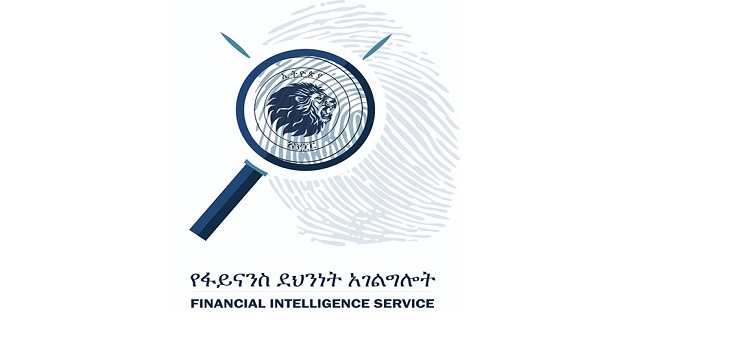Find informative answers to all your questions about FIC below.
Money laundering is the generic term used to describe the process by which criminals disguise the original ownership and control of the proceeds of criminal conduct by making such proceeds appear to have derived from a legitimate source. Money laundering works by transferring money in elaborate and complicated financial transactions which mislead anyone who may seek to trace and review the transactions.
The FATF is an intergovernmental organization that designs and promotes policies and standards to combat financial crime. Recommendations created by the FATF targeted money laundering, terrorist financing, and other threats to the global financial system.
Stages of Money Laundering.
The Federal Democratic Republic of Ethiopia (FDRE) is undertaking various measures to combat Money laundering (ML) and the Terrorist Financing (TF) since 2009. To that end it ratified international and regional conventions including Palermo, Vienna, Merida, UN Convention against TF and IGAD's Conventions on Mutual Legal Assistance and Extradition. Further it is adopted AML laws that comply with international standards, including the AML/CFT Proclamation 780/2013 and the Procedure for the freezing of Terrorists' Assets Council of Ministers' Regulation no 306/2014. It also established the Ethiopian Financial Intelligence Center by Regulation Number 171/2009 even though it is on the process of amendment by now. In addition, Ethiopia conducted AML/CFT mutual evaluation assessment together with World Bank as part of the Country’s plan to ensure AML/CFT policies and practices in line with the international standard.
According to proclamation 780/2013; “Terrorist” means any natural person, whether located in Ethiopia or elsewhere, who:
• commits, or attempts to commit, terrorist act by any means, directly or indirectly, unlawfully and willfully;
• participates as an accomplice in a terrorist act;
• organizes or directs others to participate in a terrorist act; or
• contributes to the commission of a terrorist act by a group of persons acting with a common purpose, where the contribution is made intentionally and with the aim of furthering the terrorist act or with the knowledge of the intention of the group to commit a terrorist act;
What is terrorist act?
In the proclamation, “terrorist act” means:
• an act, whether occurring in Ethiopia or elsewhere, which constitutes an offence within the scope of, and as defined in one of the treaties listed in the annex to the 1999 International Convention for the Suppression of Financing of Terrorism;
• any other act, whether occurring in Ethiopia or elsewhere, intended to cause death or serious bodily injury to a civilian, or to any other person not taking an active part in the hostilities in a situation of armed conflict, when the purpose of such act, by its nature or context, is to intimidate the population, or to compel government or an international organization to do or to abstain from doing any act;
